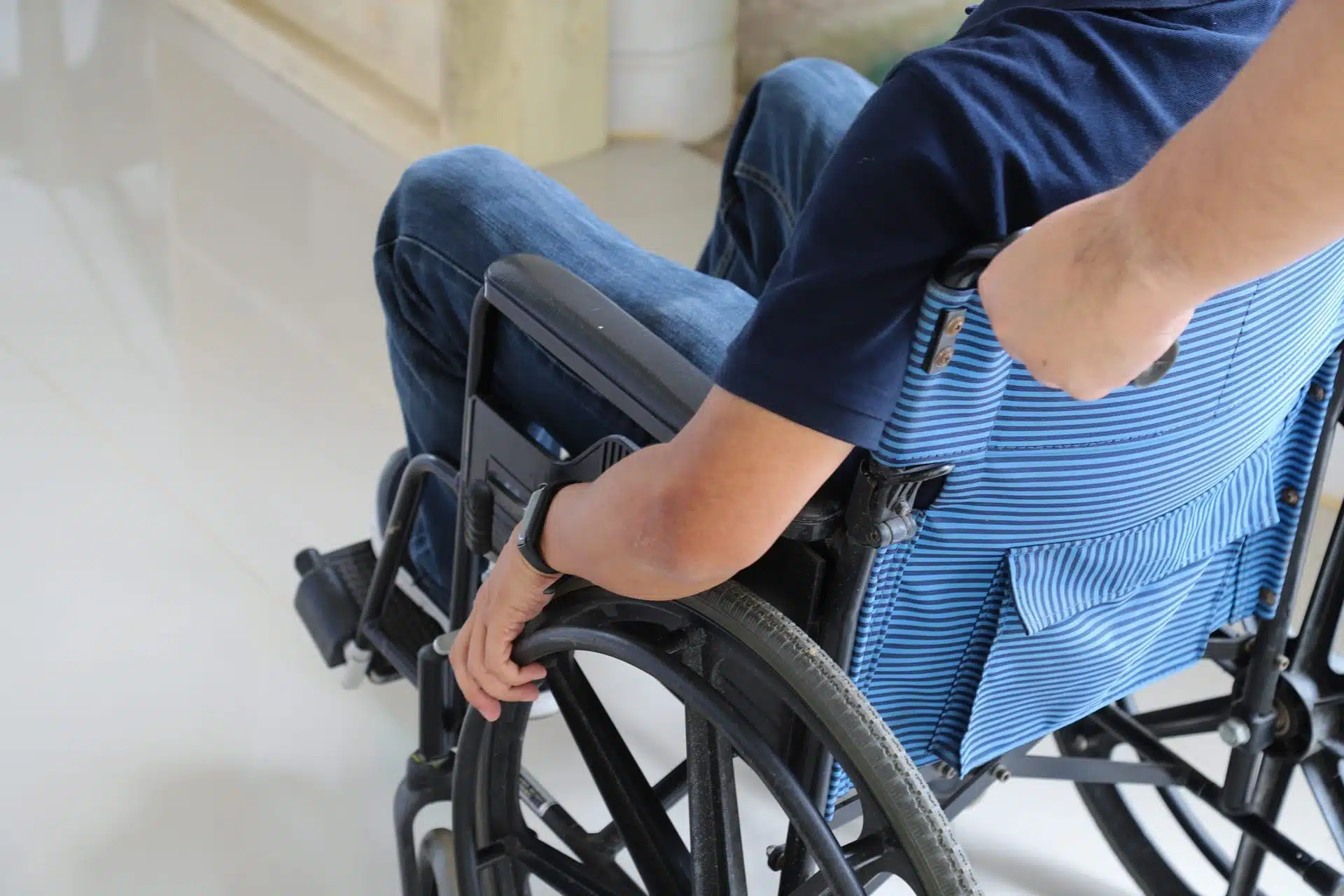When you are injured in an accident that someone else caused, hiring a personal injury attorney might not be the first thing that crosses your mind. In fact, many people believe that an attorney will only be able to help them if they plan to take their case to court, but the reality is that a lawyer is one of the best ways to settle your case before it makes it to court, and for an amount that you are rightfully entitled to.
The award-winning team at Bernheim Kelley has been working with personal injury victims for many years, and we will be happy to fight for the money that you deserve. Whether you are seeking compensation through an insurance claim or directly from the at-fault party, we are here to help.


